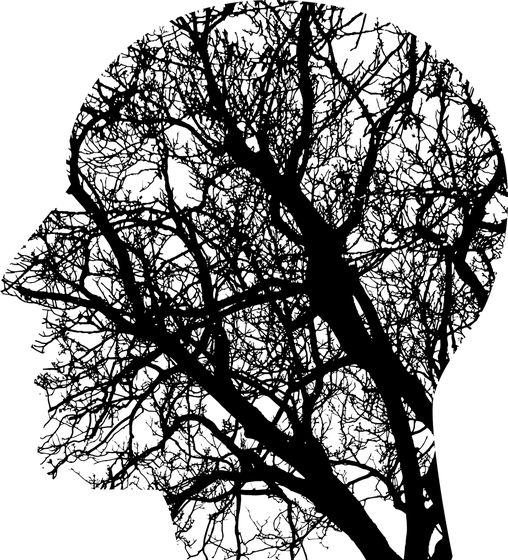Research results show that the new coronavirus clogs 'blood vessels in the brain' and damages the brain

Research results suggesting that the new coronavirus infection (COVID-19) is affecting the brain have been published frequently, but a new joint research team of France, Spain, and Germany has announced that The new coronavirus (SARS-CoV-2)
The SARS-CoV-2 main protease Mpro causes microvascular brain pathology by cleaving NEMO in brain endothelial cells | Nature Neuroscience
https://www.nature.com/articles/s41593-021-00926-1
EU scientists reveal long-term brain damage caused by Covid
https://www.rfi.fr/en/france/20211022-eu-research-reveals-long-term-brain-damage-caused-by-covid
Study reveals how COVID-19 can directly damage brain cells
https://newatlas.com/health-wellbeing/coronavirus-damage-blood-brain-barrier-cells-cognitive-long-covid/
It has been found that there are cases where damage is confirmed in the brain tissue of patients who died from COVID-19, and some former patients who recovered from COVID-19 'have symptoms like dementia even after recovery. It is said that SARS-CoV-2 may affect the brain in some way, as it is reported.
Damage confirmed in brain tissue of patients who died from coronavirus infection-GIGAZINE

Regarding the relationship between SARS-CoV-2 and the brain, a joint research team in France, Spain, and Germany conducted a survey to scan the brain of a donated body that died from COVID-19 with MRI. We found that there were significantly more dead capillaries, so-called 'string vessels,' compared to the donations we compared.
The research team subsequently infected experimental hamsters with SARS-CoV-2 and confirmed that the amount of cord-like blood vessels increased 4 days after infection. In subsequent experiments, SARS-CoV-2 directly infects endothelial cells in the brain to express proteases, which cleave the NF-κB essential modulator (NEMO), a protein that plays an important role in the immune response. The possibility was suggested.
The results of this study were not able to conclude that the brain damage seen in the donation was caused by SARS-CoV-2, and the long-term transition of brain damage was not included in the survey. Although it is said that it does not explain all the effects of COVID-19 on the brain, the research team said, 'This finding shows neurological symptoms, strokes and seizures that appear not only in the acute phase of COVID-19 but also in the long term. It could be a partial explanation for the increased risk of. '

In this experiment using hamsters, the increase in cord-like blood vessels, which is thought to be due to the influence of SARS-CoV-2, was reversible, so the research team said that the increase in cord-like blood vessels may be reversible even in humans. Claims that there is. In addition, because the immune system acts around the endothelial cells infected with SARS-CoV-2, the research team says, 'Vaccination may prevent the increase of cord-like blood vessels.'
Related Posts:
in Science, Posted by darkhorse_log







